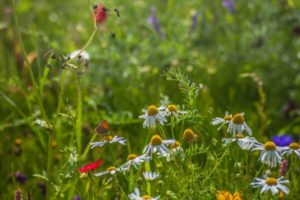Deadline: September 15, 2025
The NIDHI – Seed Support (SS) Program is an initiative under the National Initiative for Developing and Harnessing Innovation (NIDHI) by the Department of Science and Technology, aimed at nurturing innovative and technology-led startups during their critical early stages.
The focus of the program is to ensure timely availability of seed support to deserving incubatee startups within an incubator, thereby enabling them to take their ventures to the next level and facilitate their success in the marketplace. The scheme also enables incubators to widen their pipeline of startups, share the success of their startups, and ensure their long-term operational sustainability.
The focus areas of the program include Agritech, Animal Husbandry, Agri Biotech, Dairy tech, Food tech, Poultry tech, Meat tech, Agribusiness and Others.
The program offers funding support of up to Rs. 40 lakhs.
The eligibility criteria specify that applicant startups must be registered in India, preferably DPIIT registered or applied, and should have completed a minimum of three months of association with the incubator in its resident or virtual incubation program. They must have developed clarity on their Unique Selling Proposition (USP) through customer validation and value proposition for their target customers. The scheme does not support Indian subsidiaries of multinational or foreign companies, though persons holding Overseas Citizens of India (OCI) or Persons of Indian Origin (PIO) are considered Indian citizens for this purpose. Additionally, the shareholding by Indian promoters in the incubated startup should be at least 51%. Preference will be given to startups that have not availed funding from any Government of India or State Government body.
By linking startups to these institutional incubation facilities and providing financial support, the program plays a vital role in bridging the gap between innovation and commercialization, ensuring the survival and growth of new ventures in India’s dynamic entrepreneurial ecosystem.
For more information, visit AgHub.






















